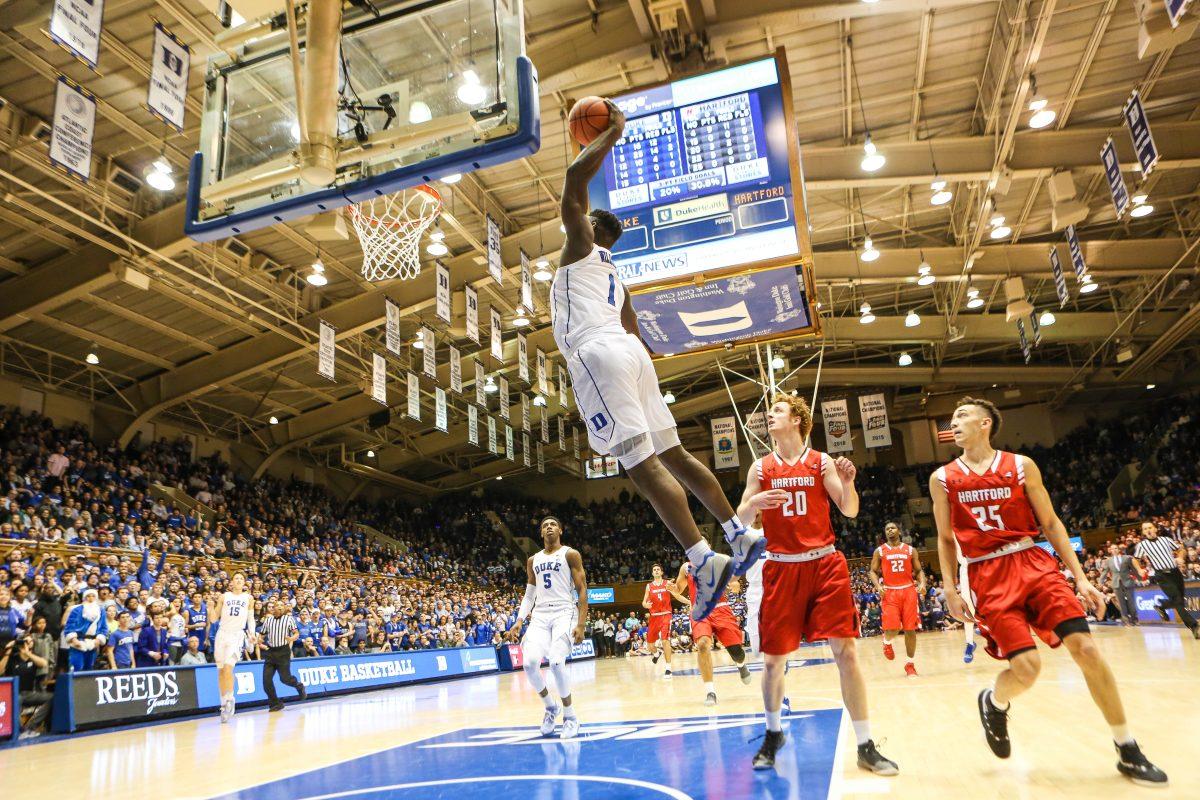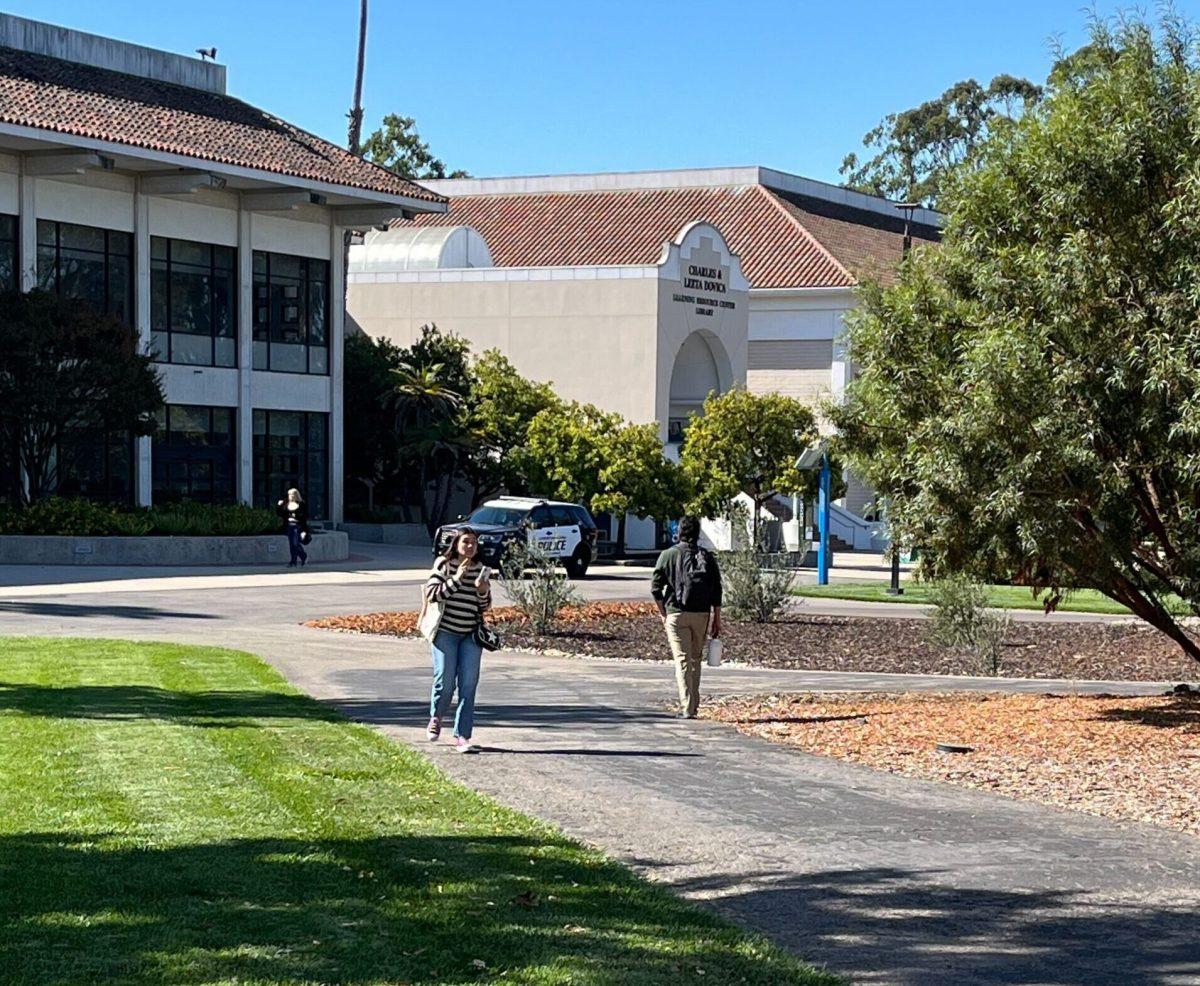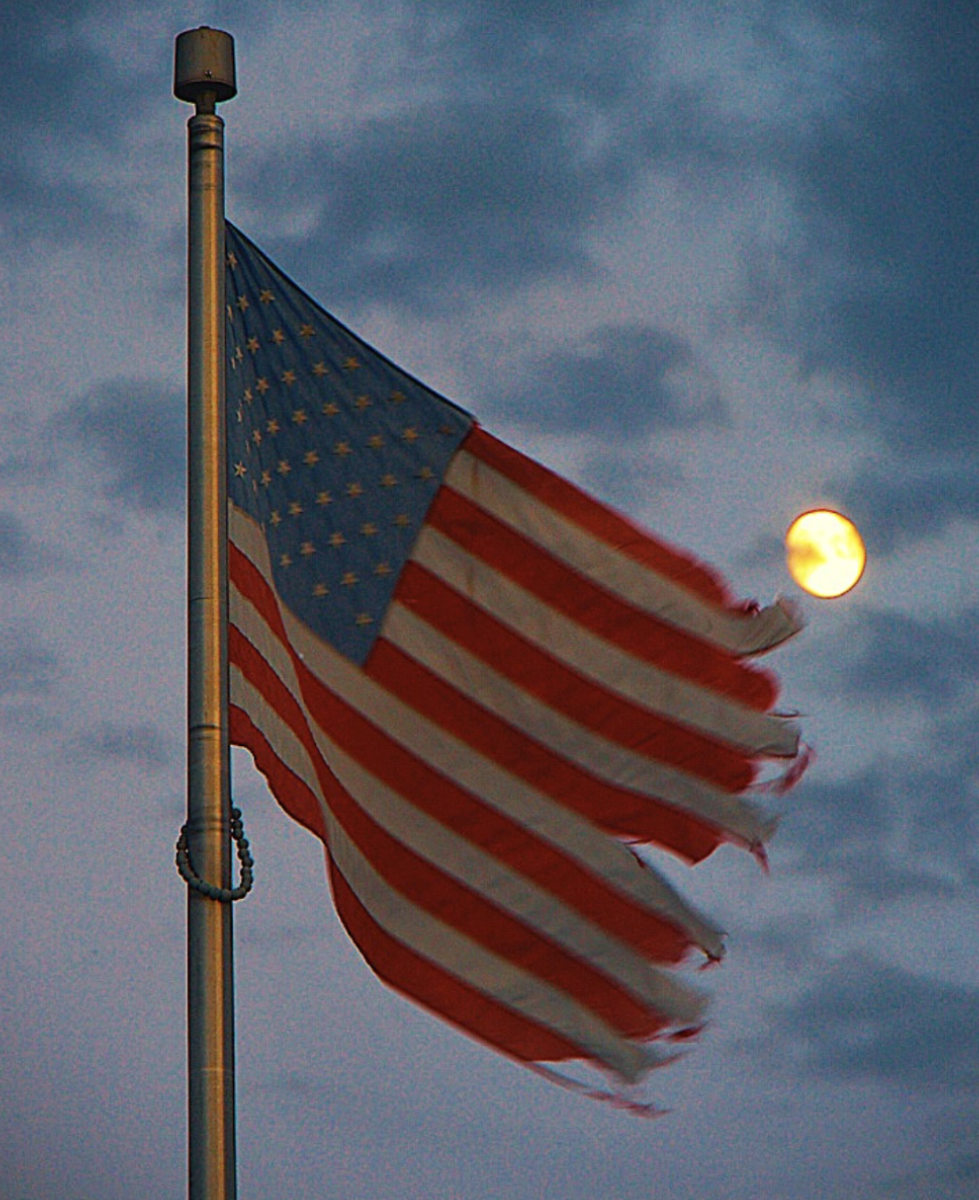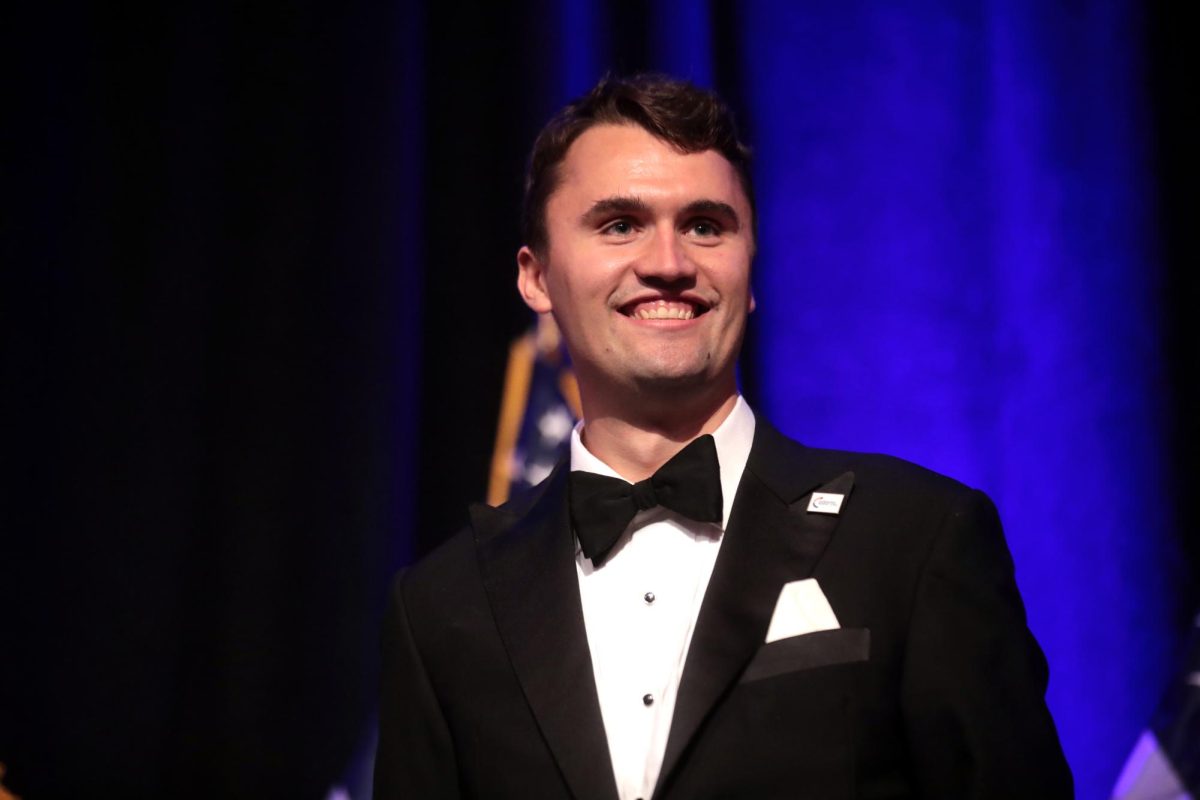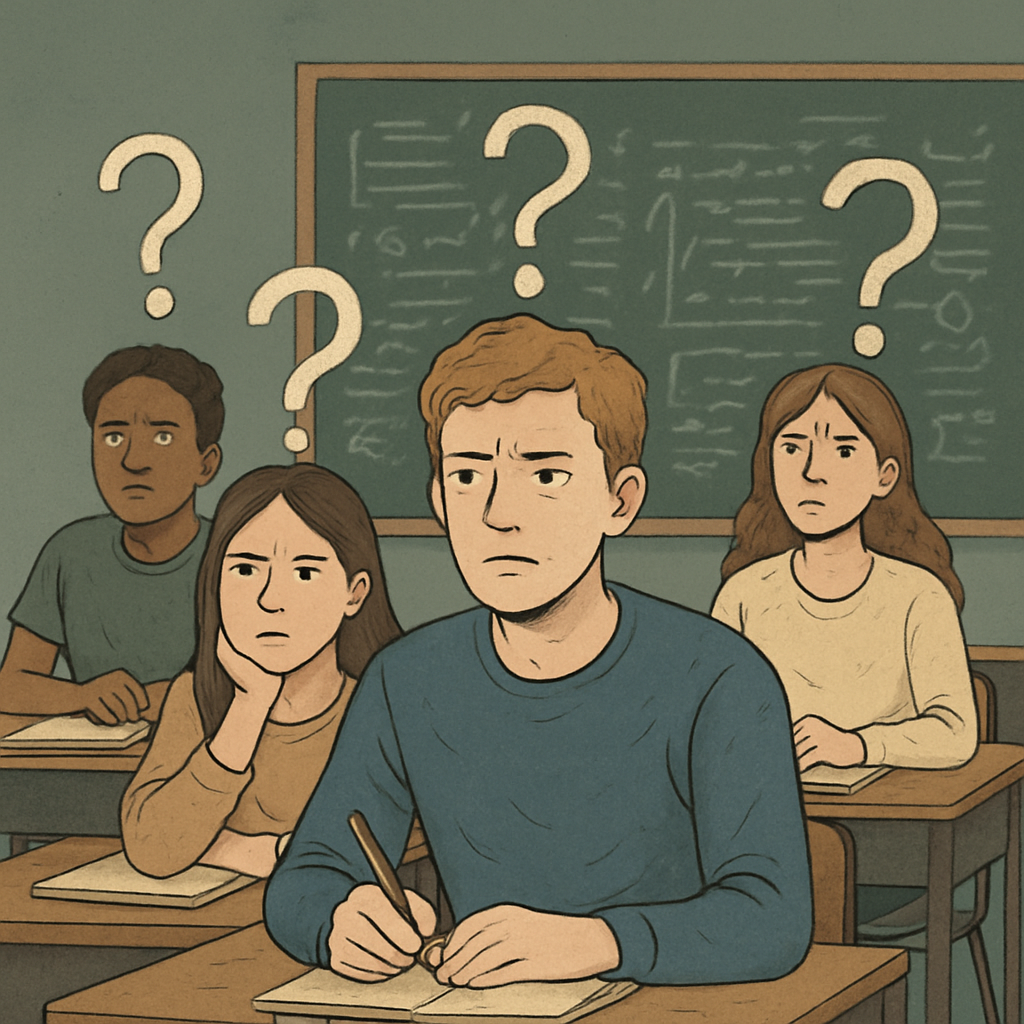With all the money circulating within the NCAA, and especially in college football, baseball, and basketball, it is hard not to think athletes deserve compensation in the form of money.
Collegiate athletes dedicate hours a day to participate in schoolwork, conditioning, weight training, and practice.Â
But, when you dig a little deeper, you may rethink that.
NCAA.org states approximately 460,000 student athletes represent their colleges and play a sport for their university in America. Millions of dollars are made in viewership, game tickets, and fan apparel. There are a few flaws in the argument for paying college athletes. Financially, logically, and morally, they are undeserving of pay.
March Madness, the FBS playoffs, and the College World Series are indefinitely some of the most watched college sporting events that come on TV annually, with the NCAA making billions of dollars in profit.. The truth is, a fraction of college sports are even watchable in the eyes of someone who doesn’t attend the school itself. For example, I’m not going to sit down and watch Appalachian State play Texas State in football for entertainment.
One big focal point in the argument for paying college athletes is the fact that the NCAA is making money off viewership, and therefore must pay up to the athletes playing. The reality of it is, there are 347 D-1 colleges and universities over 49 states (sorry Alaska), and there’s roughly 30 teams that I would actually sit down and watch. This is coming from an avid college football fan.Â
It financially does not make sense to pay collegiate athletes any more than what they earn in scholarships. Sure, the NCAA is making billions off of attendance, viewership, and apparel; so why did the University of Virginia report a deficit, despite making over $100M in revenue for the athletic department, as per Sports Business Daily?
At the end of the day, the economic structure of the NCAA has been slowly molded over the years, and any radical change to the way the NCAA spends and gets their money could prove to be disastrous in college sports. Contrary to belief, the average person couldn’t begin to understand the financial advisories of the NCAA, so why are we making statements towards changing it, when we don’t even have a blueprint of how it would financially work?Â
Are we paying all college athletes? Are we paying all players the same? Are all sports to be equally paid? These are all valid questions that need to be answered. The idea of paying college athletes sounds wonderful, but is financially out of reach.
According to NCAA.org, NCAA schools provide $2.9 billion annually in athletic scholarships. Which is a substantial number spread over 150,000 candidates. The sad truth is that people are getting paid to not only compete in sports, but also receive quality education. Millions of kids would love to be in the spot of those complaining about not getting paid to play sports in college. It is a privilege to play a sport while simultaneously getting a quality education. Also, by not handing out as many scholarships to out-of-state players, colleges can allow more walk-ons, or recruit locally – which would cut housing costs out for many players and making living more feasible.Â
Recently in California, Governor Newsom signed off on a law that would allow student athletes to sign endorsement deals, APnews.com reports. This is a compromise I can get behind, because it is taking nothing away from the schools’ funding, and is completely in private corporations’ control. For example, the next big time running back that comes out of a California school, if desired, can sign an endorsement with a company like Nike or Adidas. This is a good compromise in my opinion, because it gives players an incentive to do better for their school, team, and individual self. It will make players more competitive. Also, it would be a mess to try and distribute money equally from the NCAA to every student athlete possible.Â
In regards to college sports, it is one of the most entertaining sports for a reason. Each and every player on the field is playing with something to prove, and is playing for pride, rather than money. It is the ultimate platform to display their talent to the NFL, NBA, and MLB recruiters; their alma mater; and American viewers.
It financially does not make sense to pay college athletes any more than they are getting in scholarships. It gives local athletes a great opportunity. It also takes away from the entertainment side of college sports.
My point is simple – if you’re young, strong, looking to be a part of a team, and want to be paid well, the labor union is always looking for welders.



